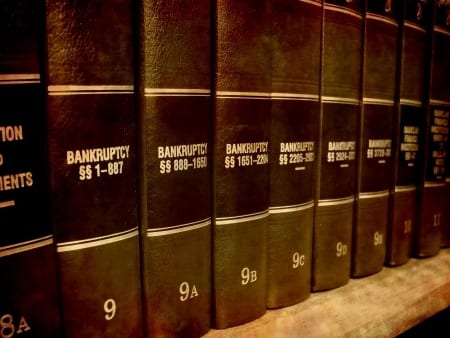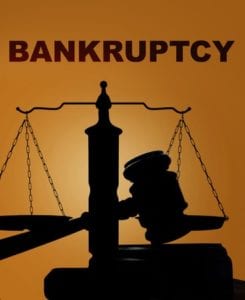Do I Need A Credit Counseling Certificate in Order to File Bankruptcy?
BANKRUPTCY QUESTION FROM BRANDON, FLORIDA Jose Pasquini from Brandon, Florida, asks, Do I need a Credit Counseling Certificate in order to file Bankruptcy. Thank you, Jose Pasquini for your question. Section 109 of the Bankruptcy Code defines who may be a Debtor in Bankruptcy. Bankruptcy Code Section 109 states that a Debtor may be a person that resides or has a domicile in the District, a place of Business, Property in the United States, or a Municipality. Section 109 therefore, states that there are four Read More +



